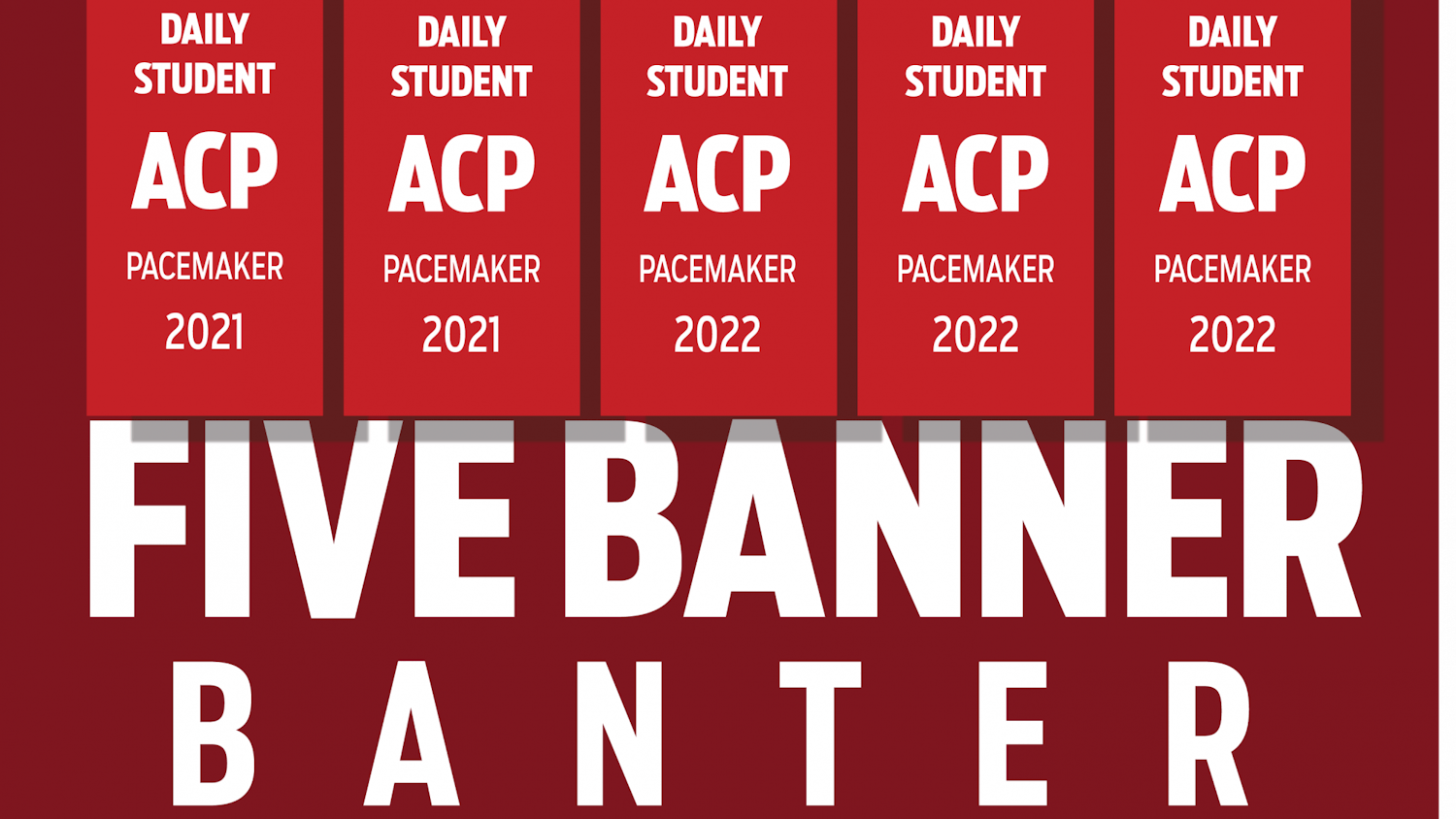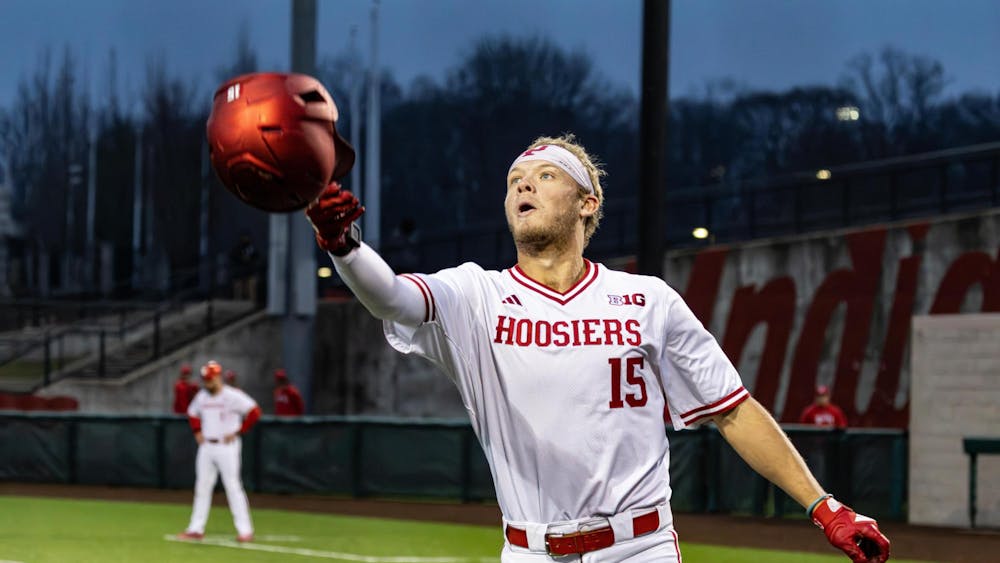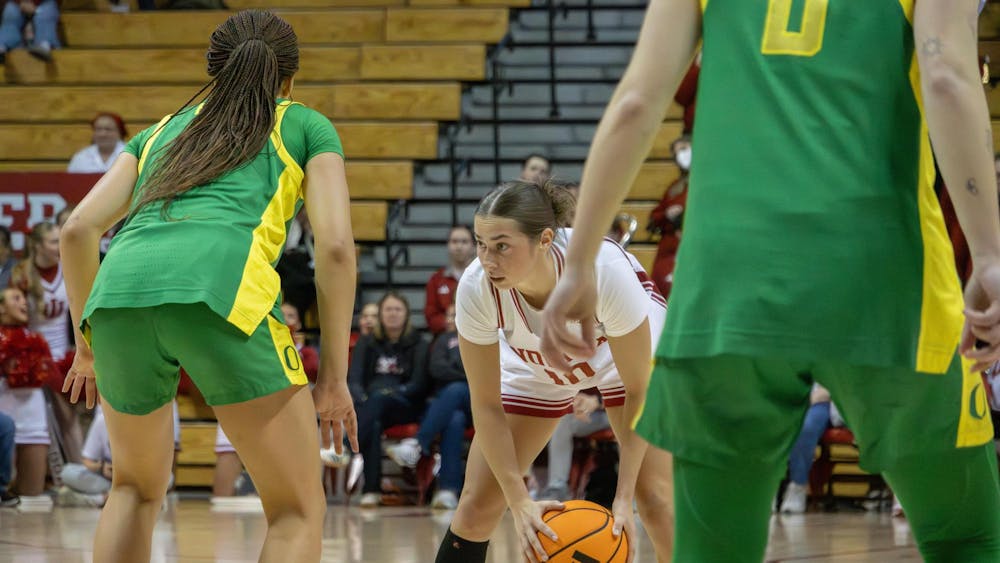“If you get no homework done one day, because you just mentally can’t do it, maybe you even get an F, so be it!” Emma Chamberlain, a 22-year-old self-made influencer and business owner, said on an episode of her podcast “anything goes with emma chamberlain.”
"If you just couldn’t do it, then you just couldn’t do it” she said.
After months of feeling depressed as a student at an all-girls Catholic school, Chamberlain made the decision with her parents not to go back during the fall of her junior year. She shares this experience in her YouTube video titled, “why i left school” posted on Oct. 26, 2017, while she advocates for others to take control of their lives too.
Since that vulnerable YouTube confession six years ago, the creator has amassed over 12 million subscribers, attended multiple Met Galas, won the 2018 Streamy Award for Breakout Creator, worked with esteemed luxury brand Louis Vuitton, developed her own company “Chamberlain Coffee” and has become the host of her own podcast.
But despite her success, the Gen-Z creator has been circulating in online discourse for the last several weeks for a reason you might not expect.
“Emma Chamberlain’s podcast is genuinely just a girl who needs to go to college” the TikTok user @emmybetmia said in a post with now over 520K likes. “She’s just clearly a girl that needs to riff ideas with people and sometimes they need a little feedback.”
Listeners feel that her revelations are often surface-level, or that her podcast may just act as an echo-chamber. The influencer shares her thoughts from the comfort of her own home, often alone without the presence of a guest to challenge her ideas.
The creator who once posted videos about taking her driver’s test is now publishing podcasts titled “happiness is complicated” and “is romantic love an illusion?” Chamberlain’s philosophical perspectives have left fans feeling as though she is out of touch, or that they have even intellectually outgrown the creator who guided so many through their adolescence.
The discourse seems to be approaching the daunting question of whether one needs to go to college to be successful, especially to reach the level Chamberlain has achieved. It is no doubt that having access to an education is a privilege, but now we are left asking if Chamberlain’s choice not to continue her education could likewise be a result of privilege too.
As content creators gain larger fame and wealth, they can lose the relatability they shared with their fans, which gave them their platform in the first place. More consumers are turning away from large creators and aiming their support towards ones they feel are more like themselves.
“I personally love the really small creators that literally do the same things that I do,” said the TikTok user @georgiafoxy. “I feel attached to them for that reason, and I am rooting for them for that reason because I see myself in them.”
Other than another opportunity to tear down a well-intended and successful young woman, and one who has openly shared her struggles with mental health, might I add, the discourse around Chamberlain also prompts a more complex concern. That is, who are these people we are giving so much power to and allowing to have so much influence?
Most topically, in regards to the Israel-Hamas war, people are turning to their favorite creators for statements on the conflict. Some feel that as people who hold such large amounts of power in our digital society, creators have a duty to do so. Others feel influencers’ primary job is to entertain and do not have a responsibility to address current events.
“I think that it is weird we continually, during every single major event, ask influencers and corporations about their opinions on what is happening in major global conflicts,” said the TikTok user @ajrg-xyz. “Do you honestly think Brittany Broski is qualified to talk about and distribute information related to a global event that requires accuracy in its reporting?”
Brittany Broski, a 26-year-old influencer and podcast host, has been recently compared to Chamberlain for being a popular creator who, in contrast, does have a college education. Broski has also been under recent criticism for her statements regarding her and other creators’ duties, or lack of duties (in her opinion) to make geo-political statements.
A large portion of Gen-Z and Millennial creators don’t have a college education. Some who gained fame at an especially young age didn’t even finish high school – and that’s what worked for them and their needs. But now we rely on them to make statements regarding complex international issues when it is unclear when the last global studies course they would have taken was. If it’s not appropriate that we expect them to take a stance, to have an influence as an influencer, then why do they hold that position? Why have we allowed them so much power?
You don’t need a diploma to be educated in current affairs. But with an epidemic of misinformation and disinformation on social media, it is concerning what these influencers may have the capacity to spread.
But above all, is it that difficult to show empathy for fans in a great deal of pain?
Perhaps, and what I think many are realizing in light of what is happening, we must pay closer attention to who we idolize and let influence us, or what we expect of them.
Ultimately, they are only human.






